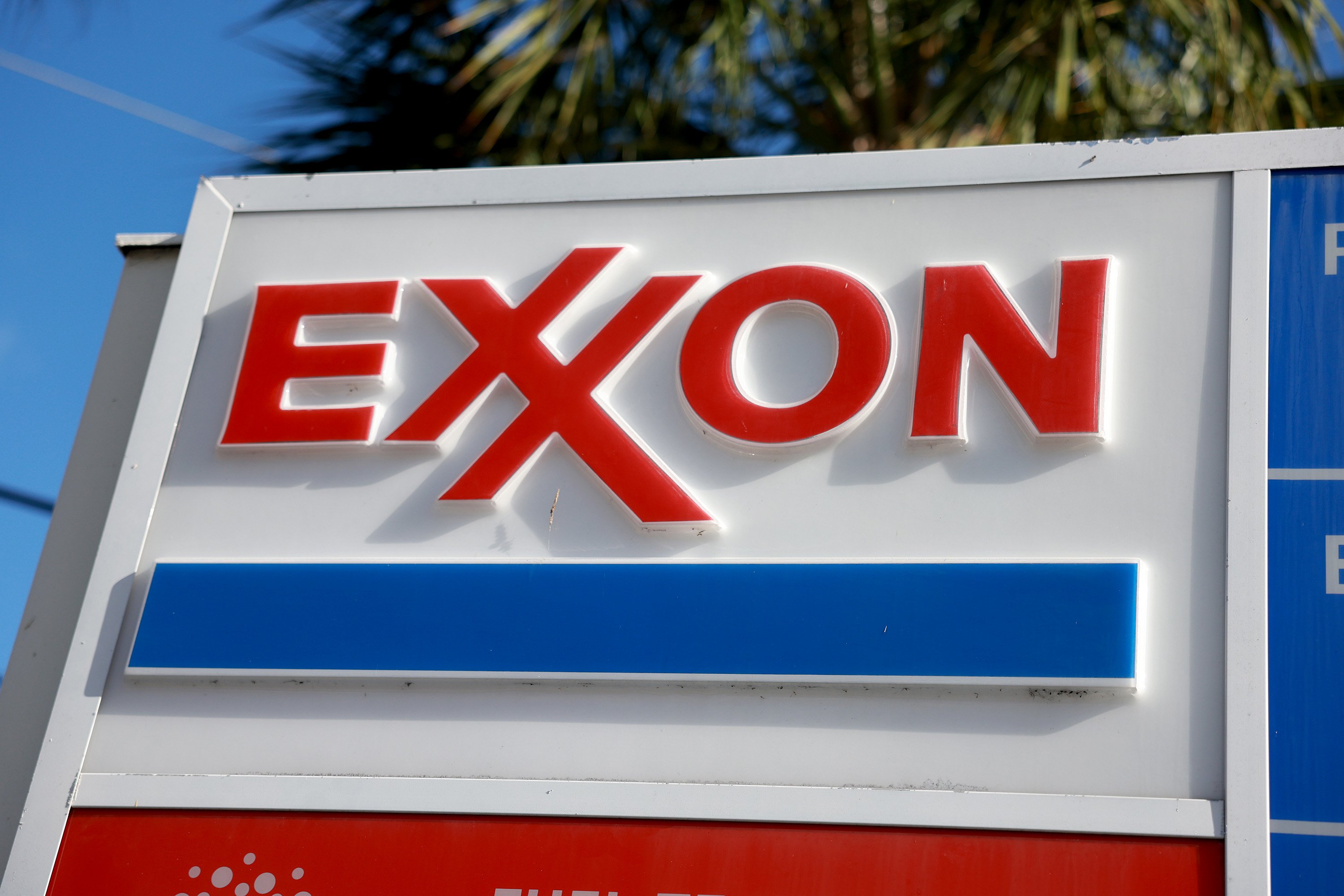If you're looking for a compelling oil and gas industry investment, why not start at the top? The biggest U.S. oil and gas company, ExxonMobil (XOM +1.23%), had been outperforming the biggest U.S. independent oil and gas exploration and production company, ConocoPhillips (COP +1.53%), for years as the oil price downturn hurt profits.
Recently, though, the shoe has been on the other foot, as strong oil prices have juiced ConocoPhillips' returns and ExxonMobil's production has cooled. Let's take a closer look to find out which of these titans is the better buy right now.

Oil industry giants ExxonMobil and ConocoPhillips are both benefiting from an upward trend in oil prices. Image source: Getty Images.
Returns
In some cases, comparing Exxon and Conoco is like comparing apples and oranges. As an integrated oil major, ExxonMobil is not only much, much larger than ConocoPhillips, with a market cap of $331.1 billion to Conoco's $76.8 billion, but it also has a lucrative refining and marketing business that Conoco lacks. Given those advantages, ExxonMobil's business weathered the oil price downturn of the last few years far better than its smaller industry peer.
Those advantages translate into better returns for ExxonMobil. Return metrics -- including return on equity, return on invested capital, and return on capital employed -- are a measure of how effectively management is deploying the cash at its disposal. Here's how the companies' return metrics have fared over the last five years:
XOM Return on Capital Employed (TTM) data by YCharts.
Even before the downturn, Exxon's returns were better than Conoco's, and while both companies' returns tanked in 2015, Conoco's were hit far more severely. This isn't surprising, as low oil prices are harder on drillers than on refiners and marketers. With oil prices on the rise again, so are Conoco's returns, but they're still lagging far behind Exxon's. This one's no contest.
Winner: ExxonMobil
Earnings
The recently released Q1 2018 earnings reports from both companies give us an opportunity to check out how each one is faring with oil prices above $65 per barrel. Unsurprisingly, both are doing quite well:
| Metric | ExxonMobil Q1 2018 |
Change (YOY) | ConocoPhillips Q1 2018 | Change (YOY) |
|---|---|---|---|---|
| Revenue | $68.2 billion | 16.2% | $9 billion | 20% |
| Earnings per share | $1.09 | 15% | $0.75 | 59.6% |
| Production volumes | 3.9 million BOE/D | (6%) | 1.2 million BOE/D | 4% |
| Operating cash flow | $8.6 billion | 3.6% | $2.4 billion | 34% |
Data sources: Company earnings releases. YOY = year over year. BOE/D = barrels of oil equivalents per day.
Aside from Exxon's production volumes -- which have been slowly declining for years -- both companies are growing. However, ConocoPhillips is growing both its top and bottom lines faster than Exxon, which again is unsurprising given its smaller size, and how much the oil price downturn impacted the company.
However, Conoco's ability to grow revenue, earnings, and cash flow by leaps and bounds this quarter -- crushing analysts' estimates in the process, by the way -- bodes well for investors, as does its ability to grow production while oil prices are relatively high.
Winner: ConocoPhillips
Valuation
With one win apiece, it's clear that Exxon and Conoco are pretty evenly matched. That extends to other metrics as well. For example, while Exxon has always had a low amount of debt compared to its peers, Conoco has been recently working hard to decrease its high debt load, paying down $2.7 billion of debt in the most recent quarter alone. Exxon's dividend yield is higher, and more stable, but Conoco's share price seems likelier to increase.
Ultimately, though, the question is which is the better buy, and that means we should look at the companies' valuation metrics. Looking backwards can be a bit dicey because ConocoPhillips didn't always post positive quarterly earnings during the price downturn. But there are some metrics we can use for comparison.
For example, we can look at forward P/E, which puts ExxonMobil just a hair ahead of Conoco, at 17.1 to 18.3 (lower is better). Likewise, looking at trailing enterprise value to EBITDA, Exxon comes out ahead again, 9.6 to 12.9. We can also use dividend yield as a proxy for valuation if we look at how today's yield compares to the company's historic yield (a high comparative yield may indicate the company is undervalued). Doing that comparison, we see that Exxon's 4% current yield is the highest it's been since the 1990s. Meanwhile, Conoco's yield of 1.65% is the lowest it's been since at least the 1980s.
All of this suggests pretty strongly that ExxonMobil is cheaper than ConocoPhillips right now.
Winner: ExxonMobil
And the winner is...
With better returns and a lower valuation -- not to mention a much higher dividend yield -- ExxonMobil is our winner. That's not to say, though, that ConocoPhillips is a bad company. In fact, it's making impressive progress in putting the problems it encountered during the oil price downturn behind it, by paying down debt, increasing its dividend, and unloading underperforming assets.
Both companies are likely to outperform if oil prices continue to surge. But ExxonMobil looks to be the better buy today.








